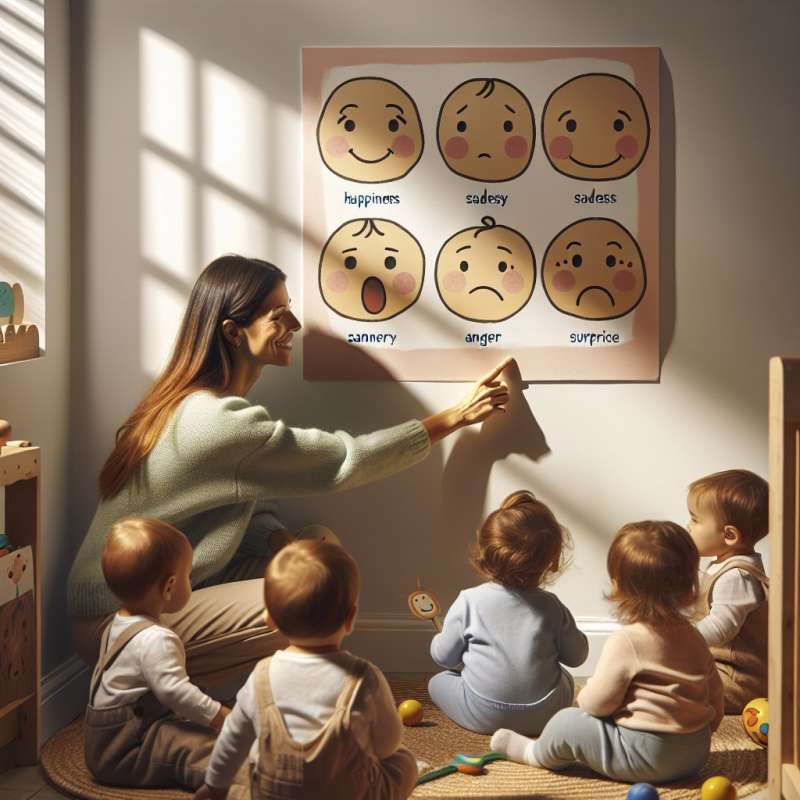
Understanding EI in Children
Emotional Intelligence (EI) involves recognizing, understanding, and managing emotions. Children with higher EI tend to perform better academically, build stronger relationships, and maintain better mental health.
EI's Impact on Development
Studies suggest EI influences a child's development significantly. It affects social interactions, learning abilities, and resilience. Early EI development can predict future success more accurately than IQ.
Identifying Emotions Early
Children as young as 18 months can start learning to identify and name emotions. This early skill sets the foundation for emotional regulation and empathy in later years.
Teaching Through Play
Play is a powerful tool for EI development. Role-playing, storytelling, and cooperative games can teach children about sharing, patience, and understanding different perspectives.
Parental Influence on EI
Children often mirror the emotional responses of their parents. Parental EI training can, therefore, have a dual benefit, improving their own EI and serving as a model for their children.
School Programs and EI
Schools that integrate social-emotional learning (SEL) programs report increased empathy, better emotional control, and improved attitudes towards learning among students.
Technology in EI Learning
Surprisingly, technology can support EI development. Interactive apps and games designed with psychologists can help children practice emotion recognition and empathy in a controlled, engaging environment.
What underpins higher academic performance?
Early reading skills
Higher Emotional Intelligence
Frequent physical activity
Company